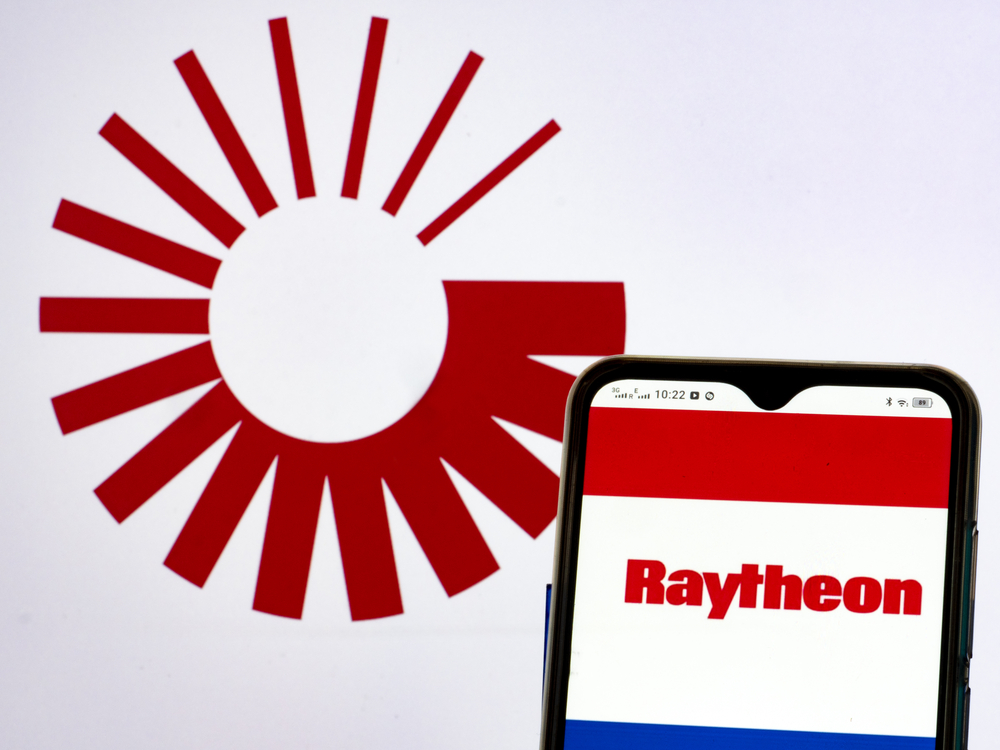
The COVID-19 pandemic has wreaked havoc on industries all over the world, both in terms of labor shortages and supply chain issues. Labor shortfalls lingering from lockdowns seem to be affecting the defense industry more than others, forcing firms to shuffle their staff, implement job fairs, and, ultimately, get creative about their rosters to keep operations running as effectively and efficiently as possible.
Military contractors like Raytheon, for example, are increasingly concerned about completing orders on time, as they expect business to increase in the wake of the Russian invasion of Ukraine.
Indeed, Raytheon Chief Executive Greg Hayes recently confided, on an investor call, that the company was not prepared to deal with the temporary layoffs that hit at the top of the year—as they usually do—but did not return at the rate they expected. While the winter layoffs are mostly typical, they usually see about 75 percent return. This year, only about 25 percent came back.
“The only thing that’s going to solve labor availability,” he lamented, “Is a slowdown in the economy because right now there just simply aren’t enough people in the workforce for all our suppliers.”
Raytheon, alone, had originally hoped to hire 2,000 engineers this year; but attrition has increased that hiring goal to 5,000. And it is not exclusive to one company: Northrop Grumman found not only labor shortages but persistent absenteeism is plaguing their operations.
According to Northrop Chief Executive Kathy Warden, the company has enough people, technically, but operations just aren’t as productive as they could be. That’s because, she says, the new hires simply are not showing up on a consistent basis, which creates even more disruption.
Fortunately for Northrop, more aggressive hiring strategies have been slightly more effective; which is, apparently, the case with Honeywell, too. Their Chief Financial Officer, Greg Lewis, thinks that they expect things to turn around soon.
